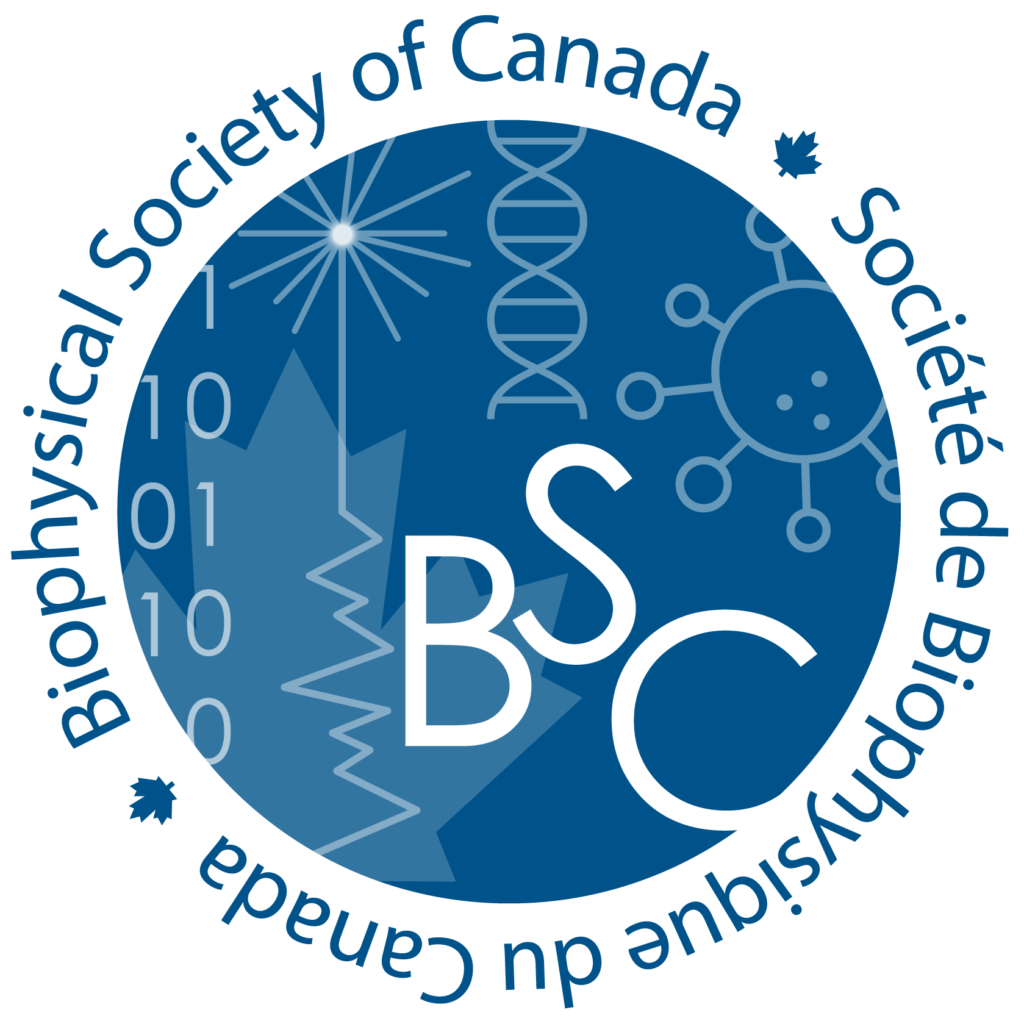Dr. Greg Gomes completed his PhD in Biophysics at the University of Toronto Mississauga. He describes his graduate research in Dr. Claudiu Gradinaru’s lab as revolving around “the structural characterization of intrinsically disordered proteins (IDPs).” He now continues to work on “the themes of IDP structural characterization, single-molecule fluorescence, and integrative molecular models – but now applied to the molecular biophysics of aging and age-related disorders” in his postdoctoral work at Yale University in Dr. Zachary Levine’s lab.
Greg was the recipient of the 2021 Trainee Paper award for his paper titled “Conformational ensembles of an intrinsically disordered protein consistent with NMR, SAXS, and single-molecule FRET.” When asked what aspects of his research he is most proud of, he mentioned that he was “the recipient of good mentorship as an undergraduate and graduate student, and proud to be able to see current and past mentees of mine succeed in their endeavours.” After completing his post-doctoral research, Greg will be joining the Altos Labs, a biotechnology company that aims to find ways of restoring cell health and resilience and reversing diseases through cellular rejuvenation programming. He looks forward to collaborating with people there who are involved in cell biology and pathology, as he “really [wants] to understand, from a biophysical perspective, biological resilience to proteotoxic stressors”.
Commenting on the challenges faced during the completion of his PhD, Greg mentioned that he found it difficult to write papers early on as he did not have the confidence that others would be willing to read about his research findings. He was able to overcome this by understanding that his own results seemed to him to be “obvious -or uninteresting precisely because they were [his] results, and [he] knew them so intimately.” Acknowledging this and receiving guidance from good mentors has resulted in tremendous growth in his confidence. Receiving the Trainee Paper award has been another factor that has helped him grow his confidence and realize “the importance of having a supervisor or mentor who is always advocating on your behalf.”
When asked about advice on how to produce impactful research, his immediate thought was to recommend books and articles dissecting the craft of scientific thinking such as “The Art of Doing Science and Engineering” by Richard Hamming, “Science and Statistics” by George Box (Journal of the American Statistical Association, 1976), and “Strong Inference” by John R. Platt (Science, 1964).


